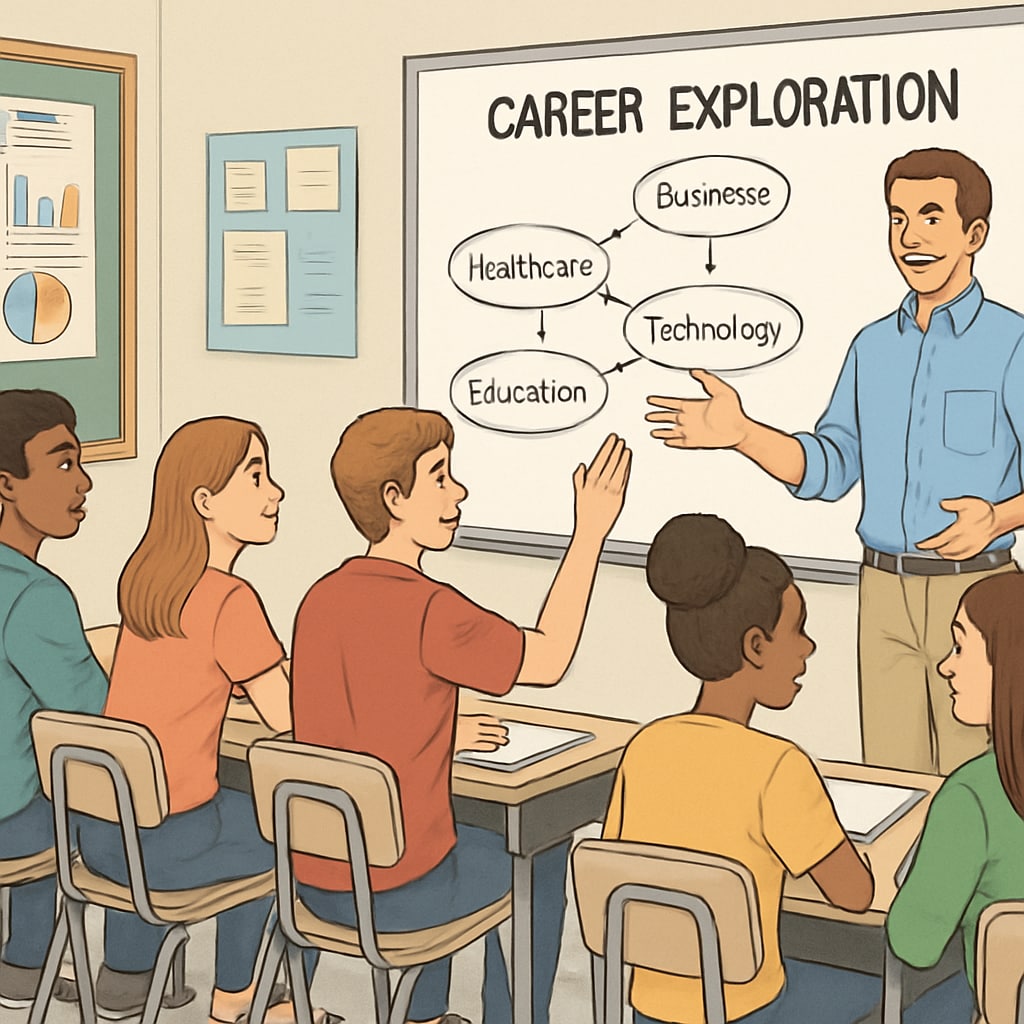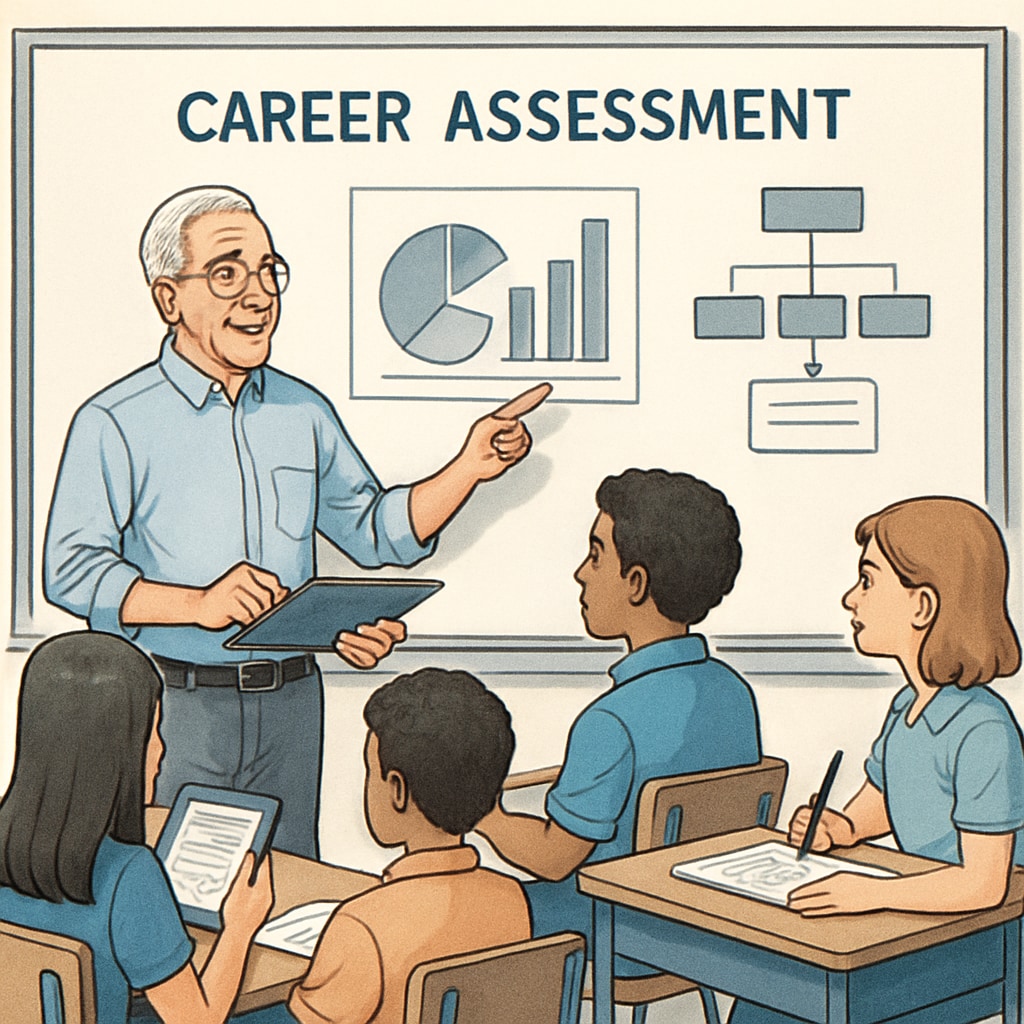University students frequently grapple with learning motivation, major selection, and academic challenges. These issues often trace back to the K12 education phase, where insufficient career planning and self-awareness can lead to a misalignment between chosen majors and students’ interests or abilities. As a result, many students feel disengaged and lose their drive to succeed academically. To address this, a robust K12 career education system focusing on interest exploration, skill assessment, and value system development can significantly mitigate these challenges.
Understanding the Root Causes of Academic Challenges
Many university students experience a disconnect between their academic pursuits and personal interests. This mismatch can lead to frustration, poor performance, and even dropping out. But why does this occur? One key reason is the lack of structured career guidance during the K12 years. Young students are often unaware of their strengths, passions, and long-term goals, which makes it difficult for them to make informed decisions about their future studies.
According to a comprehensive study on education, early exposure to career exploration can significantly improve students’ alignment with their academic choices. When students understand their unique abilities and aspirations, they are more likely to select a major that excites and motivates them.

How K12 Education Can Lay the Foundation for Success
To prevent future academic struggles, K12 education systems must integrate career planning into the curriculum. This approach involves three core components:
- Interest Exploration: Encouraging students to identify what excites them through diverse activities such as workshops, internships, and extracurricular programs.
- Skills Assessment: Helping students recognize their natural talents and areas for improvement through assessments and feedback from teachers and mentors.
- Value System Development: Guiding students to reflect on their personal values and how these align with potential career paths.
By focusing on these areas, students can develop a deeper understanding of their goals and make informed choices when selecting a university major.
Practical Strategies for Students and Educators
Both students and educators play a critical role in addressing the challenges of learning motivation, major selection, and academic struggles. Here are some practical steps:
For Students:
- Engage in self-reflection activities to identify interests and values.
- Participate in career fairs and shadowing programs to gain exposure to different fields.
- Seek advice from mentors, teachers, and career counselors for personalized guidance.
For Educators:
- Incorporate career planning modules into the curriculum.
- Offer opportunities for students to explore diverse subjects and activities.
- Provide regular feedback to help students understand their strengths and areas for growth.
Additionally, educators can utilize resources like the Career Counseling Wikipedia page to design effective career education programs.

The Long-Term Benefits of Early Career Planning
Investing in career education during the K12 phase has long-term benefits. Students who make informed decisions about their majors are more likely to stay motivated, succeed academically, and transition into fulfilling careers. This proactive approach not only reduces the risk of academic struggles but also fosters self-confidence and a sense of purpose.
In conclusion, addressing learning motivation, major selection, and academic challenges requires a collaborative effort between students, educators, and parents. By implementing a comprehensive career education system in K12 schools, we can equip students with the tools they need to thrive in their academic and professional journeys.
Readability guidance: The article uses short paragraphs and lists to summarize key points. Active voice is prioritized, and transitional words ensure a smooth reading experience. Images are strategically placed to support the content and engage readers.


